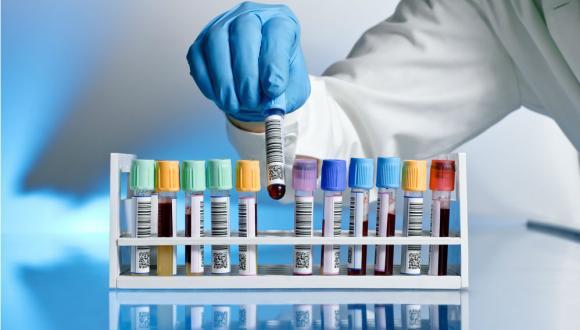Amalia Biron Research Institute of Thrombosis and Hemostasis
School of Medicine, Tel Aviv University and Sheba Medical Center, Tel Hashomer, Israel
Amalia Biron Research Institute of Thrombosis and Hemostasis is engaged in clinical and molecular studies aimed at diagnosis of rare bleeding disorders (RBD), evaluation of novel therapies and global coagulation assays, hemostasis assessment in special conditions and unique patient groups, exploration of natural anticoagulant systems and signaling pathways involved in the pathogenesis of thrombosis and inflammation.
Normal hemostasis is highly dependent on the balance between pro-coagulant systems (e.g. platelets, pro-coagulant factors) and anticoagulant systems (e.g. protein C, protein S, antithrombin). Lack or dysfunction of a major pro-coagulant factor results in a bleeding disorder, whereas a defect in an essential anticoagulant system may lead to thrombosis.
We have been involved in studies addressing the unique hemostatic systems of neonates and the associations of genetic thrombophilic risk factors with thrombotic complications. Beyond their function in hemostasis, cell signaling pathways which are induced by pro-coagulant (e.g. thrombin, FVII) and anticoagulant factors (e.g. activated protein C (APC)), mediated by specific receptors, have become the focus of increasing attention. Our lab investigates in collaboration with the laboratory of eye research at Felsenstein Medical Research Center, Rabin Medical Center, the impact and importance of the coagulation cascade in the eye aiming to find new approaches for treating ocular pathologies.
RBDs and hemophilia are inherited coagulopathies with variable bleeding phenotype. In patients with bleeding symptoms, laboratory assessment and especially molecular workup enables accurate diagnosis as well as prenatal and family counseling. We have extensively investigated the genetic background and potential treatments for patients with FXI deficiency, FVII deficiency and platelet function disorders. While future gene therapy may be promising for such patients, there is currently an unmet need to provide better functional tools for their bleeding control and prevention, risk assessment directed at complications, e.g. unwanted immune responses to the therapeutic protein (inhibitor formation), and address the use of non-replacement therapies. The Amalia Biron Research Institute lab participates in international clinical studies on gene therapy for hemophilia, conducted in the National Hemophilia Center. We currently investigate the potential murine models of adeno-associated virus (AAV) directed gene therapy for some hematological and metabolic disorders.


